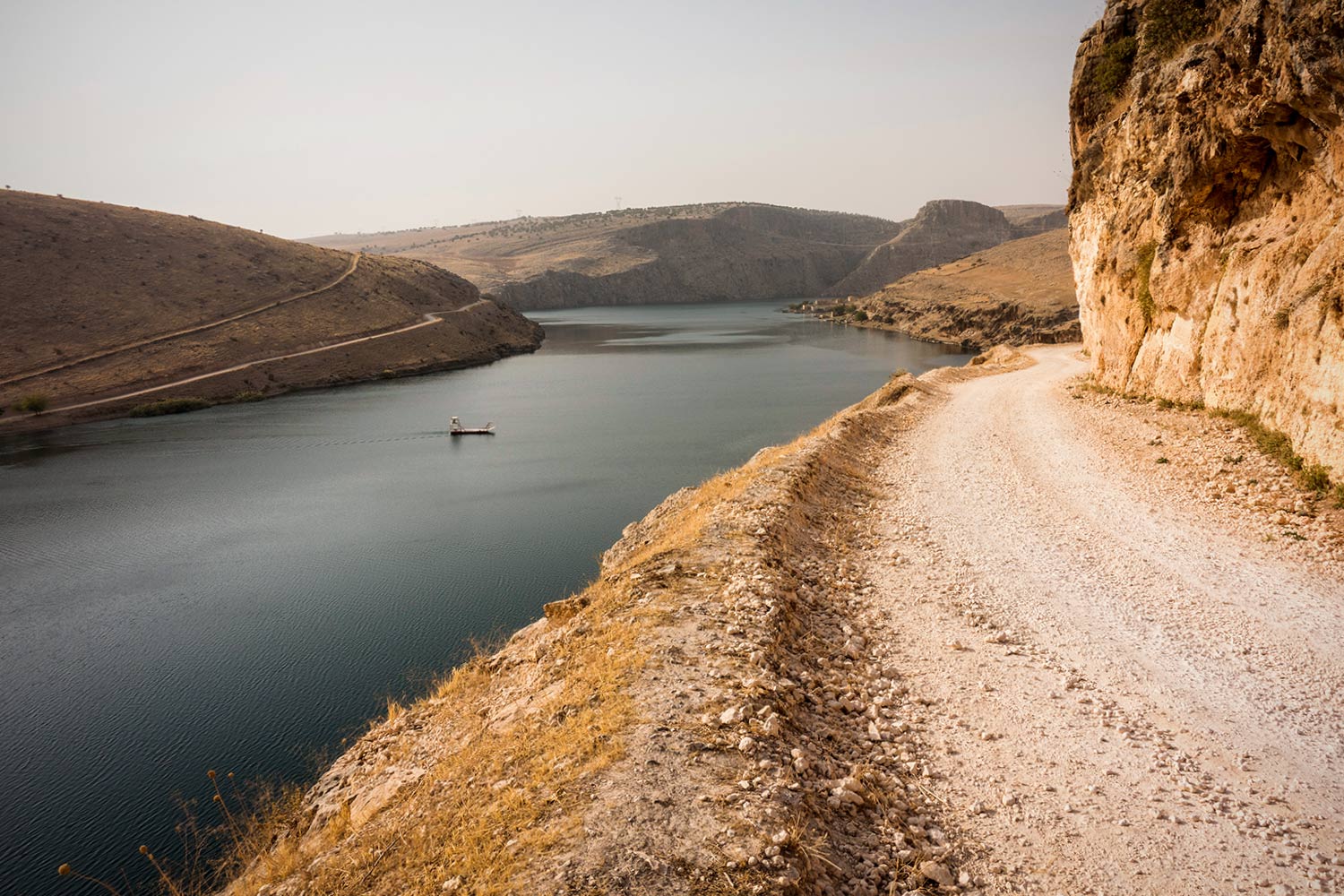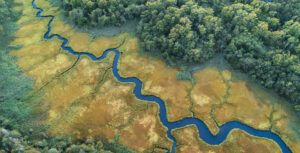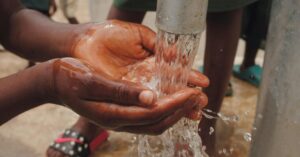How can we build peace over shared waters? 3 questions to Kerry Schneider
“We, as humans, and the custodians of planet Earth must focus on the connectivity of water.”
What are the obstacles that you foresee to peaceful cooperation that includes water?
As humans, we tend to take a me-first attitude towards most things including water management. At the transboundary or trans-national scale, what’s in the best interest of an upstream country is often perceived as a competing interest to downstream neighbours. This causes political tension and sovereignty or ownership of water resources is a difficult conversation to have amongst countries that have no choice but to share. Beyond the physical availability of water, the ways in which one country might use the water to irrigate crops or spin turbines to produce electricity can cause conflict if there isn’t a balance of trust and accountability with a neighbouring country that might have divergent interests or ambitions. These tensions further expose the disparity between the “haves” and the “have nots”. There are commonalities to the barriers to cooperation around the world, which may be manifested through economic, cultural/historical, legal/institutional, geopolitical, or other technical disparities amongst countries to varying degrees. However, despite these specific contextual disparities that hinder cooperation from one place to another, it is important that we understand that they can all be overcome through water diplomacy and carefully coordinated support both from within and outside of a shared basin or water resource.
“The ways in which one country might use the water to irrigate crops or spin turbines to produce electricity can cause conflict if there isn’t a balance of trust and accountability with a neighbouring country that might have divergent interests or ambitions.”
How do your projects with the Shared Waters Partnership contribute to peaceful cooperation?
The Shared Waters Partnership (SWP) is designed to bring stakeholders and countries together with the aim of strengthening cooperation processes in regions or basins where water is or could become a source of conflict. Acknowledging that overcoming barriers to cooperation relies on water diplomacy, SWP engagements draw from SIWI’s extensive history and reputation as an impartial and international expert organization to facilitate dialogue and to complement the formal tracks of diplomacy by strengthening the political will to cooperate.
SIWI often achieves this through capacity development and experience sharing initiatives that encourage knowledge sharing, developing a shared understanding of specific problems or barriers to cooperation, and highlighting ways in which these shared problems can be overcome collaboratively and inclusively. SIWI understands that these processes can take years, if not decades, so support from the SWP is often framed as a long-term and step wise process even when the trajectory of cooperation appears to be following a one-step-forward followed by two-steps-backward rhythm.
Learn more
The Shared Waters Partnership programme offers a dialogue platform, knowledge, and tools to strengthen transboundary water cooperation. Managing shared waters sustainably gives countries a chance to prosper, despite emerging threats from environmental degradation and climate change.
Learn more about SWP











